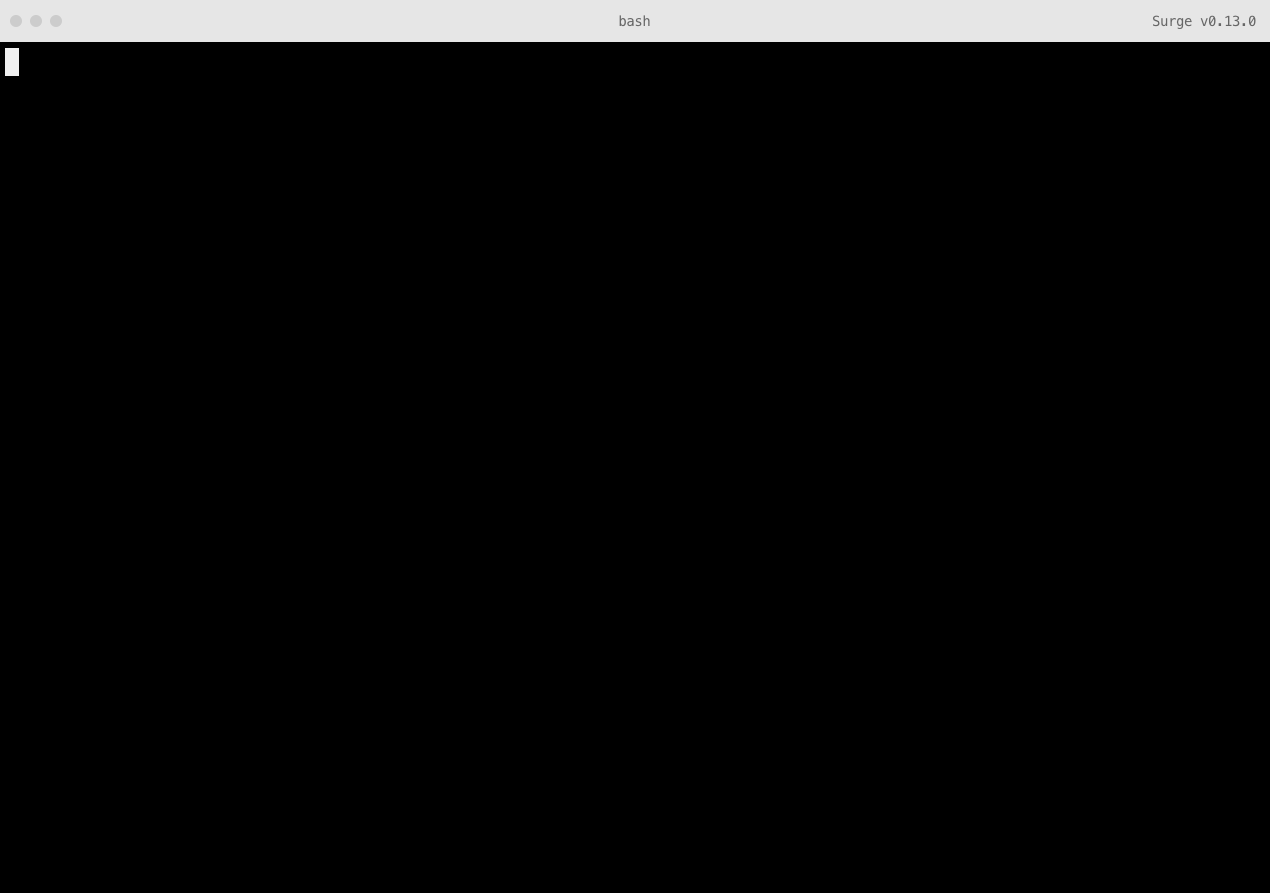This makes a lot of sense, thanks for all the details! Is --token the most likely name you’d expect for the flag? Also, if you don’t mind me asking, what CI services would you anticipate using this with, just so we can look into any possible nuances?


Feature Request
I'd like the ability to run commands like
surge --project ./buildwithout being logged in. Other CLIs do this with some sort of token parameter so the command ends up beingsurge --project ./build --token ABC123.This would be helpful when trying to deploy from CI/CD services where you'd want to use your token as an environment variable, and not have to deal with the multistep login process.